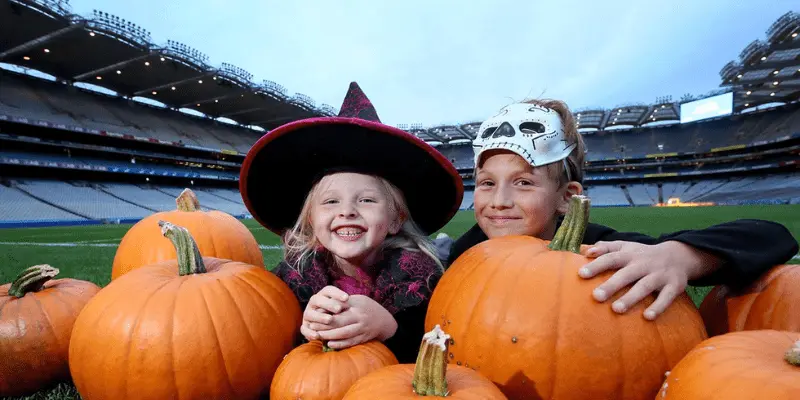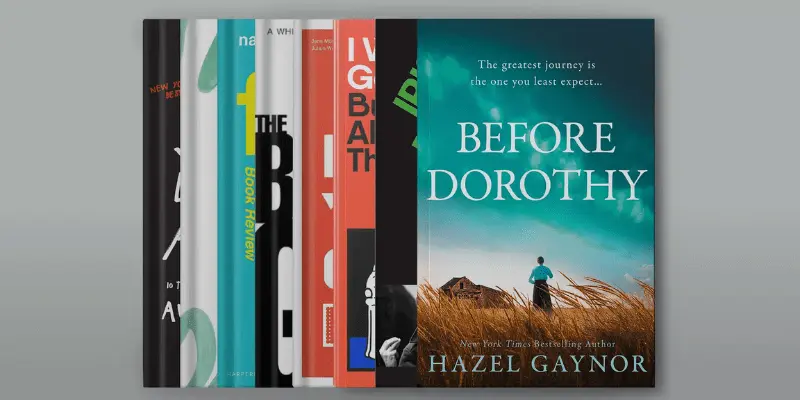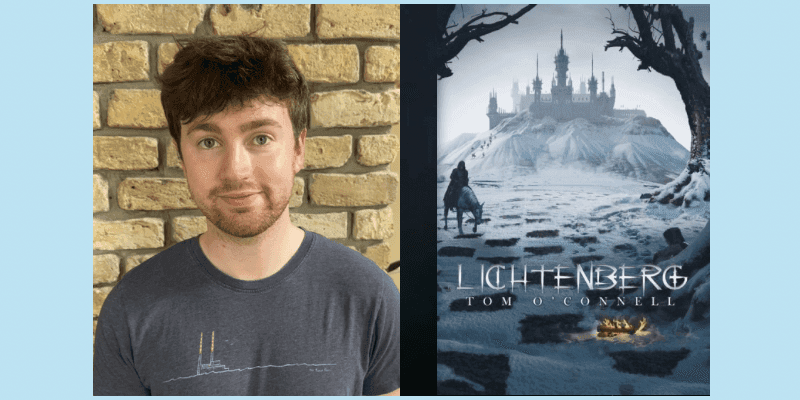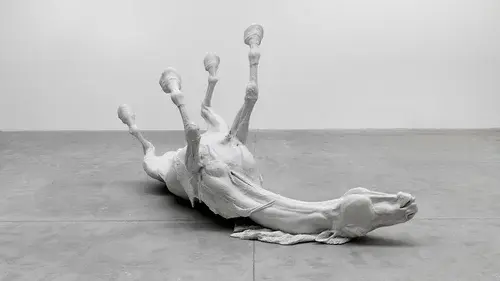About
Dr Alya Karame, Cochrane Research Fellow 2025 A Qur’an manuscript copied at the turn of the eleventh century by the renowned Baghdadi calligrapher Ibn al-Bawwab has become one of the most celebrated Qur’ans in the world. With its elegant script and exceptional illumination, Ibn al-Bawwab’s Qur’an, as it is now known,…
Dr Alya Karame, Cochrane Research Fellow 2025
A Qur’an manuscript copied at the turn of the eleventh century by the renowned Baghdadi calligrapher Ibn al-Bawwab has become one of the most celebrated Qur’ans in the world. With its elegant script and exceptional illumination, Ibn al-Bawwab’s Qur’an, as it is now known, has featured prominently in lectures on Islamic art and was even reproduced as a postcard by the Chester Beatty, where it is housed today. As the earliest dated Qur’an written in the newly adopted round script and on paper – a material that marked a shift away from the earlier use of parchment – its historical and aesthetic significance is undeniable. Yet, what does its elevation as a masterpiece obscure? What assumptions underlie its fame, and what conventions are reinforced in the process? By examining both the manuscript itself and its modern reception, this presentation explores what was gained, and equally, what was lost, on the road to its iconic status: from the construction of authenticity and artistic singularity to the overlooked networks of interconnectivity that shaped book culture in the medieval Islamic world.
💻 Online talk: Please register for online viewing via Zoom HERE.
About the Speaker:
The 2025 Cochrane Research Fellow at Chester Beatty, Alya Karame specialises in Islamic Art and material culture. Her first monograph The Forgotten Qur’ans, due to be published in 2026 by Edinburgh University Press, focuses on an understudied corpus of Qur’ans from the eastern Islamic lands copied between the tenth and twelfth centuries. The book addresses a period of change in Qur’anic production, shifting the view from the centre to the frontiers of the Islamic world, and highlights notions such as the biography of the Qur’an and its afterlife, and the cultural materiality of manuscripts.
In 2023, she was a fellow of the Aga Khan Program for Islamic Architecture at Harvard University to be later supported by the Paris Région award to pursue her research at the Institut des civilisations at the Collège de France (2023-2024). Her work has been supported by numerous grants, including the Arab Funds for Arts and Culture and the Andrew Mellon foundation (2019-2020). She was at the Khalili Research Centre at the University of Oxford, the recipient of the Barakat Trust award (2018-2019) and prior to that she joined the Kunsthistorisches Institut research program in Florence Connecting Art Histories in the Museum and was based at the Museum of Islamic Art in Berlin (2017-2019). Karame obtained her PhD in 2018 in Islamic Art History from the University of Edinburgh and her MA in History of Art & Archaeology from the School of Oriental and African Studies.
She is currently a Research Associate at the Orient-Institut Beirut and an affiliated researcher of the Chaire du Coran at the Collège de France.
Cochrane Research Fellowship
Funded by Marc and Hala Cochrane, the Cochrane Research Fellowship is now in its third year. This short-term research award creates an annual opportunity for original academic scholarship on the Chester Beatty’s exceptional Arabic collection, which holds approximately 3,000 manuscripts covering a very broad subject range. Each year, the Cochrane Research Fellow delivers a public lecture at the museum, to share their findings.





